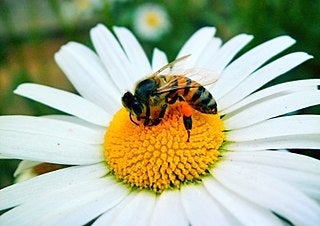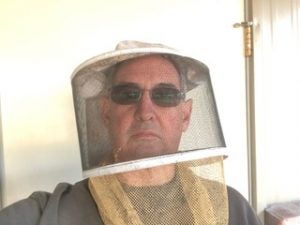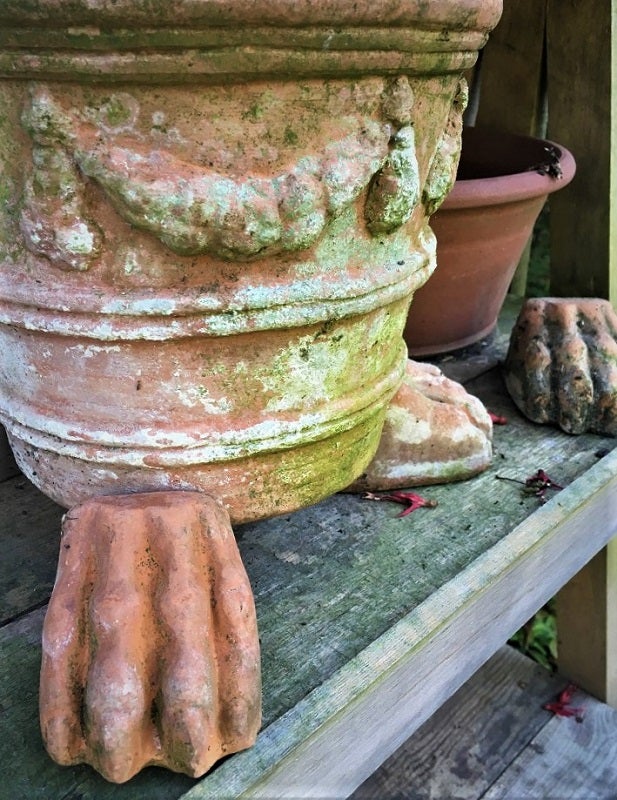Nature’s cruel trick, the death of a honey bee
Published 12:00 pm Tuesday, March 26, 2019
We all tend to be complacent when it comes to Nature and wild animals struggles to survive. Nature has a way of humbling all of us. This winter has been hard on the honeybee and has definitely taught me a few lessons, one of them very humbling.
Honey bees don’t leave the hive when it’s raining, very windy or when temperatures are below about 55F.
This winter and false spring fooled both the bees and myself. The bees have spent more time in the hive eating up their winter stores and nectar replacement has been hard to come by.
Remember it takes one million bloom visits for one pound of honey. We had an early warm spell and the bees began laying heavily to prepare for this springs surge of young bees and larvae to feed, further consuming the food stores. The early warm-up or false spring sent things moving forward then the frost knocked all the blooms but bees were already building their numbers.
Even now the middle of March there is not enough flowers to sustain the hives. I was truly humbled as I failed to recognize the speed at which the bees were eating up their stores and began to starve.
I lost several good strong hives to starvation. One day they are growing, working, looking really good and then a few weeks later I opened hives to find a pile of bees on the bottom board and lots of dead bees stuck in the empty cells.
When you find dead bees with their tails sticking out of empty cells that is a sign they starved trying to lick the last speck of honey.
I feel sick at the loss of these hives, I try to leave plenty of honey in July/August when I rob my hives. You can’t imagine how sickening it is to find a hive that has starved. For a beekeeper, this almost like having to put your favorite pet down.
I’m not trying to make a living off my bees. I just want to sell enough honey to buy equipment, woodware, bottles, labels and miscellaneous beekeeping stuff for next year.
Well, I learned a hard lesson and I hope to not make the same mistake again. I’ll watch more, be more observant and not make the same assumptions I did this year.
I used to hold the position that if a hive did not survive the winter maybe that was a way to select only the best genetics, only keep bees that can survive.
But when you go an Apiary (a place where beekeepers place hives) and every hive in that area is starving you realize it’s not the bee genetics that is bad, it’s the ignorant beekeeper.
Well, I learned my lesson, I’m still sick to my stomach as I think about how I let my bees down. Every time I pick up one of those empty hive boxes to clean it up and get it ready to reuse it’s like a kick in the stomach.
Help save our bees, let a few wild flowers bloom, buy honey from a local beekeeper.
Len VanMarion is TAIS Master Beekeeper.







